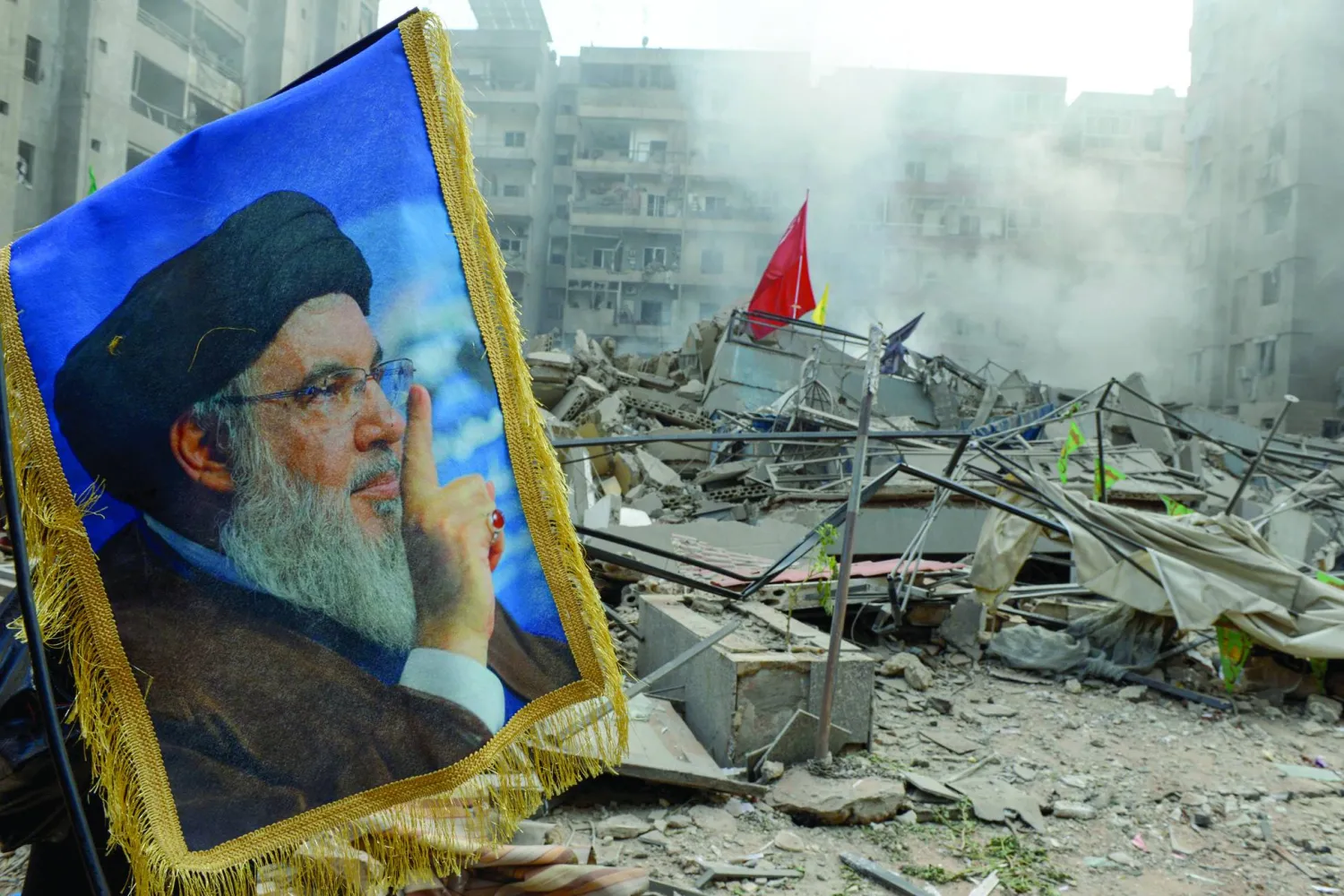A ministerial committee assigned by the Arab-Islamic summit began an international move to stop the war on Gaza. The foreign ministers of member states headed to China, the first leg of a tour that includes a number of major countries.
Diplomats and experts, who spoke to Asharq Al-Awsat, expressed their confidence in the committee’s role to persuade Western countries to change their position towards Israel, and to put pressure on the Israeli government to stop the aggression that has been ongoing for more than a month against Gaza.
The summit, which was held in Riyadh on Nov. 11, decided to “assign the foreign ministers of Saudi Arabia - in its capacity as chair of the Arab and Islamic summits - and each of Jordan, Egypt, Qatar, Türkiye, Indonesia, Nigeria and Palestine, and the secretaries-general of the Arab League and the Organization of Islamic Cooperation, to “initiate immediate action on behalf of all member states and formulate an international move to stop the war on Gaza, as well as to push for the launch of a serious and real political process to achieve lasting and comprehensive peace in accordance with approved international references.”
The Permanent Representative of Palestine to the League of Arab States, Ambassador Mohannad Al-Aklouk, told Asharq Al-Awsat that he hopes the committee’s action would be quick and effective to stop the ongoing crimes of the Israeli occupation.
“Action must be urgent, fast and effective, and the Arab and Islamic countries... can do a lot,” he stated.
For his part, Professor of Political Science at Cairo University, Dr. Ahmed Youssef Ahmed, pointed to the importance of working on the Russia-China axis, explaining that the two countries have taken diplomatic stances in favor of Palestine, but are required to express bolder positions.
Ambassador Rakha Ahmed Hassan, former Egyptian Assistant Foreign Minister, told Asharq Al-Awsat that the committee was a diplomatic attempt to persuade countries with influence in the Security Council to make a decision to oblige Israel to commit to a ceasefire.
He expressed hope that the committee would succeed in its endeavor and convince the United States to pressure Tel Aviv to stop the aggression.
The Arab Islamic Summit called on all countries to stop exporting weapons and ammunition to the occupation authorities, reaffirming adherence to peace as a strategic option, ending the Israeli occupation, and resolving the Arab-Israeli conflict in accordance with international law and the relevant resolutions of international legitimacy.









